The Science of Slow Living: How to Reduce Stress in a Fast World

We live in a world where everything feels urgent — notifications, deadlines, endless to-do lists. But rushing through life often leaves us drained, anxious, and disconnected. Slow living isn’t about doing nothing; it’s about doing the right things at the right pace. It’s a conscious choice to pause, breathe, and live intentionally. Let’s explore the science behind slow living and how it can help you reclaim peace in a busy world.
1. What is Slow Living?
Slow living is a lifestyle that prioritises mindfulness, balance, and intentional actions over constant hustle. It means:
- Choosing quality over quantity.
- Making time for what truly matters.
- Saying “no” to unnecessary stress.
Research shows that slowing down can improve mental health, boost creativity, and enhance overall life satisfaction.
2. The Science Behind Slow Living Benefits
a) Reduces Stress Hormones
When we rush, our body produces more cortisol (the stress hormone). Chronic high cortisol levels can lead to anxiety, depression, and poor sleep. Slow living lowers cortisol by promoting calm and presence.
b) Improves Brain Function
A slower pace allows your brain to process information better. Studies show mindfulness practices can enhance focus, decision-making, and memory.
c) Boosts Physical Health
Stress can weaken your immune system. Slow living practices like mindful eating, nature walks, and regular rest support better immunity and overall health.
3. How to Practice Slow Living in Daily Life
a) Start Your Day Without Screens
Instead of reaching for your phone, begin your morning with deep breathing, stretching, or journaling.
b) Eat Mindfully
Focus on taste, smell, and texture. Avoid eating while working or scrolling on your phone.
c) Declutter Your Schedule
Say no to tasks that don’t align with your goals or values.
d) Spend Time in Nature
Just 20 minutes outside can reduce stress, lower blood pressure, and improve mood.
e) Create Tech-Free Zones
Designate areas in your home where you don’t use gadgets, encouraging real connections and rest.
4. Common Myths About Slow Living
- Myth: Slow living means being lazy.
- Truth: It’s about efficiency without burnout.
- Myth: You can’t succeed if you slow down.
- Truth: Many successful people work with focus, not frenzy.
- Myth: It’s only for people with free time.
- Truth: Even busy people can adopt small, slow living habits daily.
5. The Emotional Rewards
Slow living isn’t just about health — it also brings emotional richness. You’ll feel more connected to loved ones, more grateful for simple pleasures, and more at peace with yourself.
Conclusion
Life doesn’t have to feel like a race. The science is clear — slow living helps your mind, body, and relationships thrive. You don’t need to overhaul your entire life overnight. Start with small changes: a mindful meal, a phone-free walk, a deep breath before replying to emails. Over time, you’ll notice less stress, more joy, and a stronger sense of balance. In a fast-paced world, slowing down isn’t falling behind — it’s moving ahead with intention.

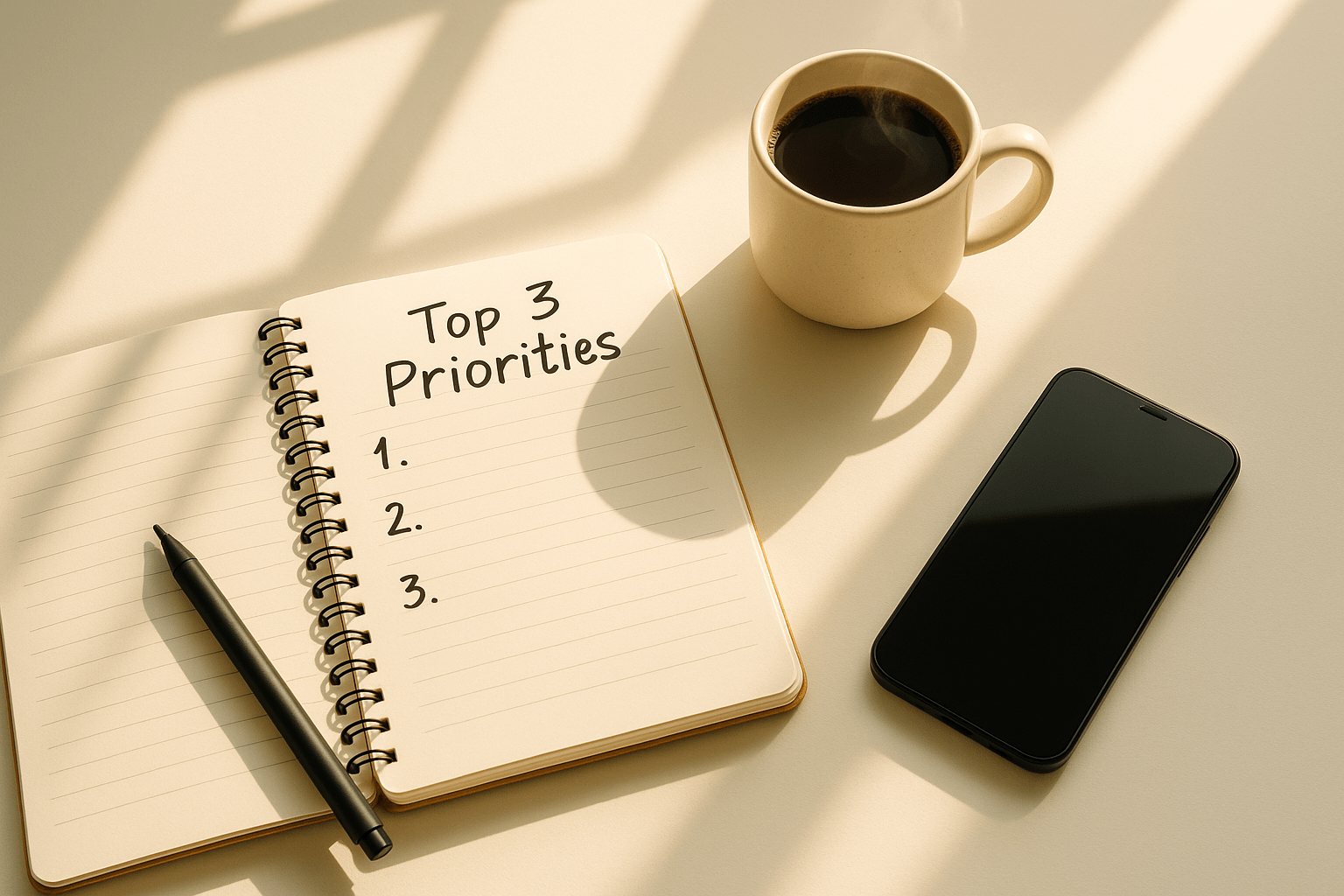
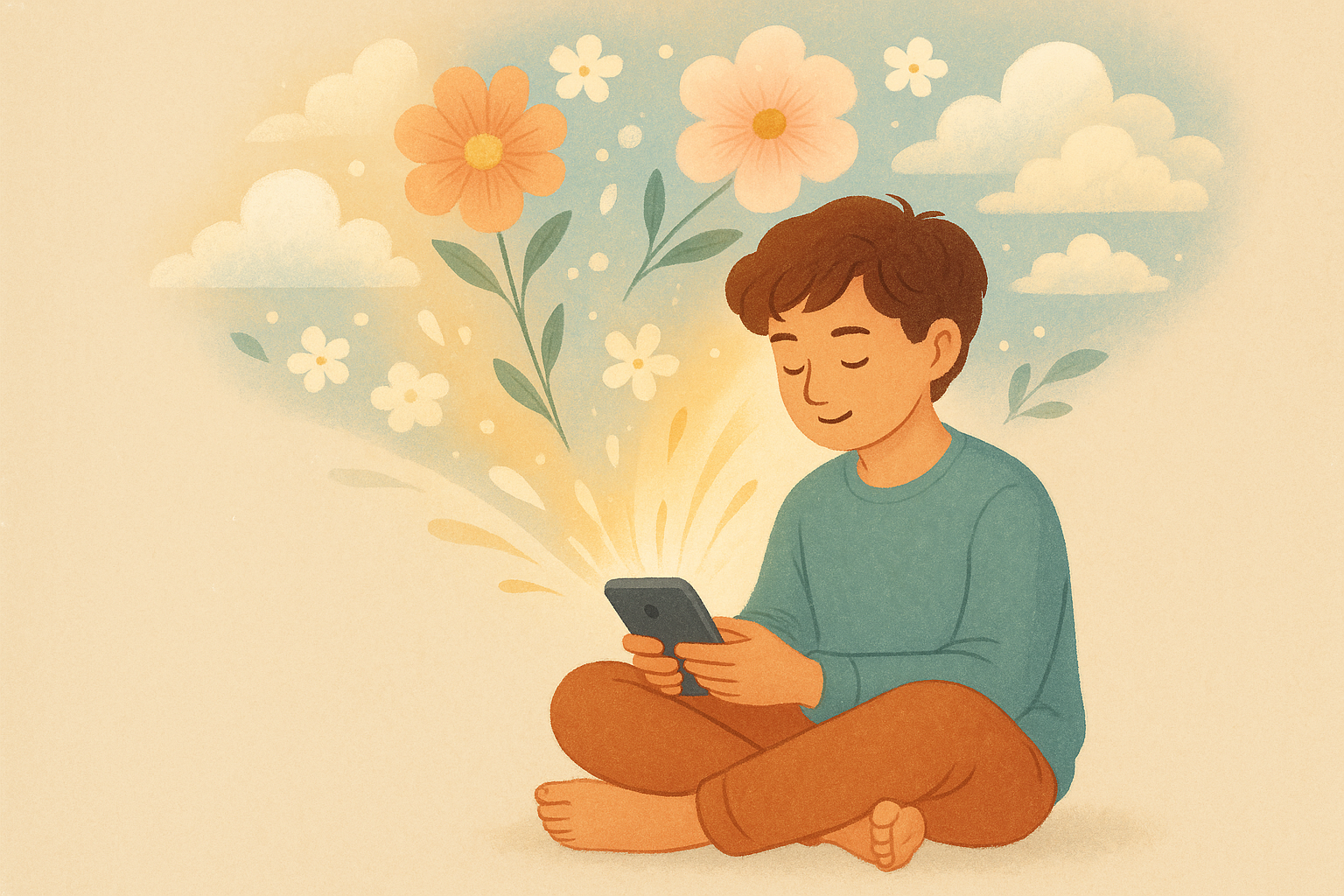
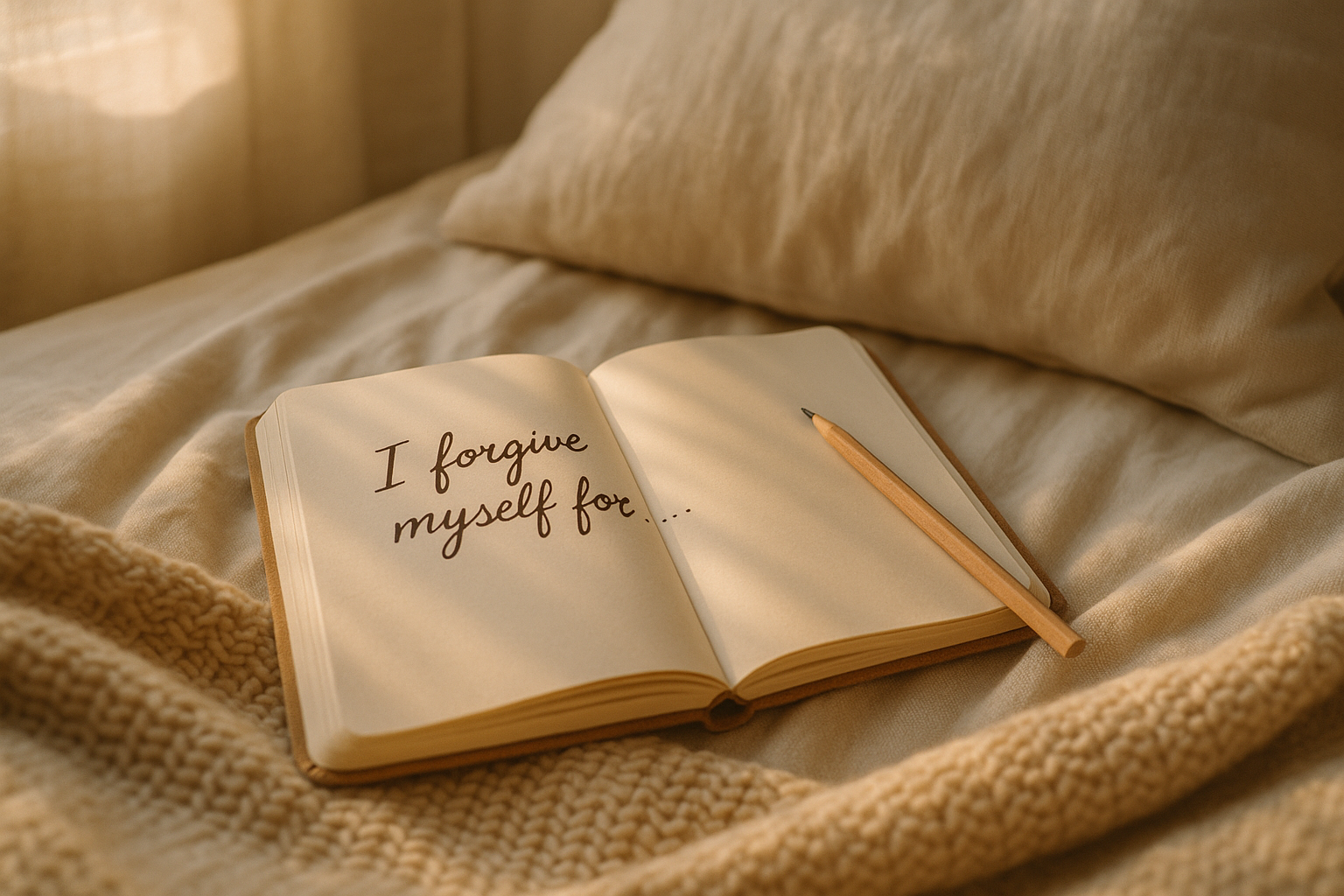
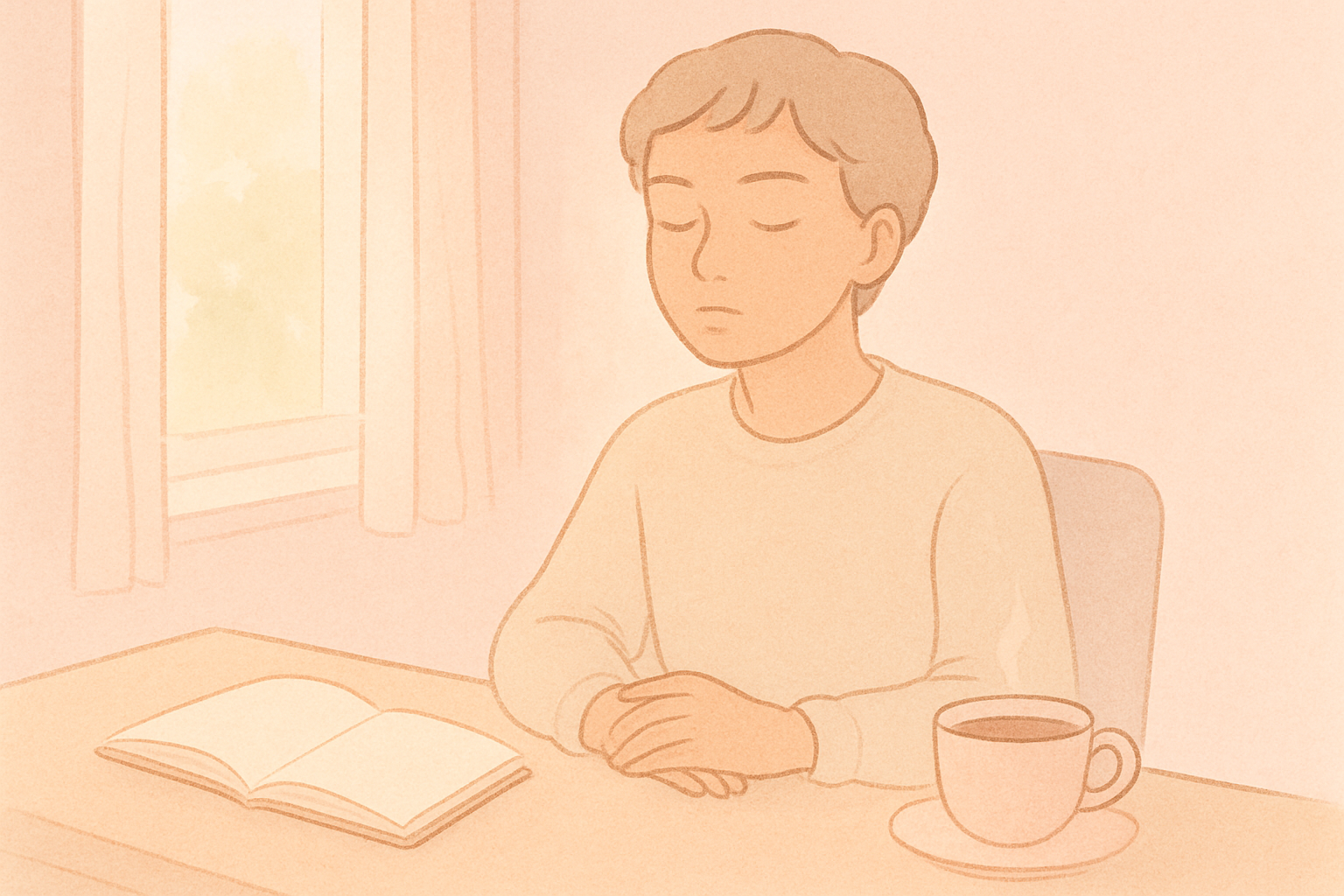
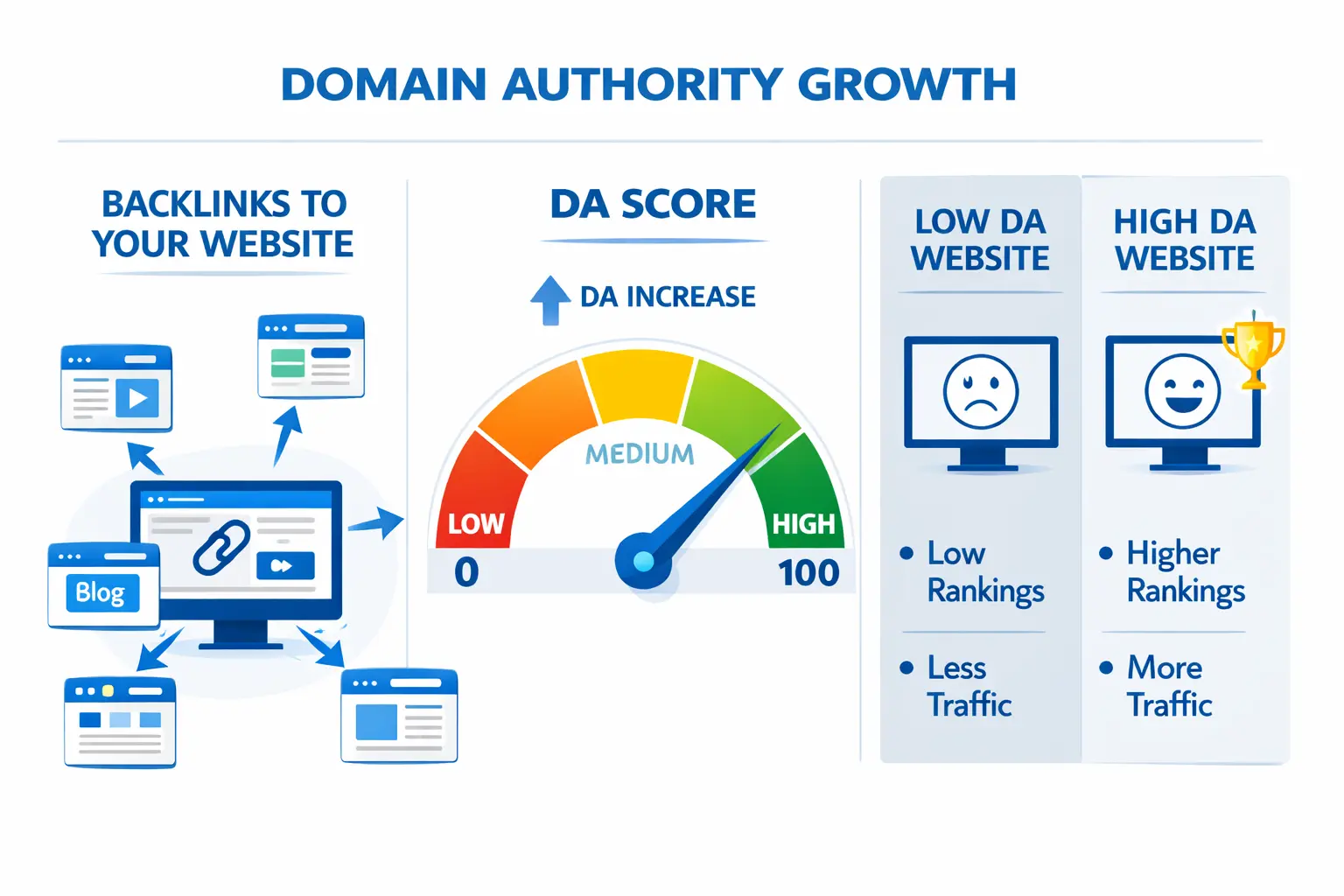


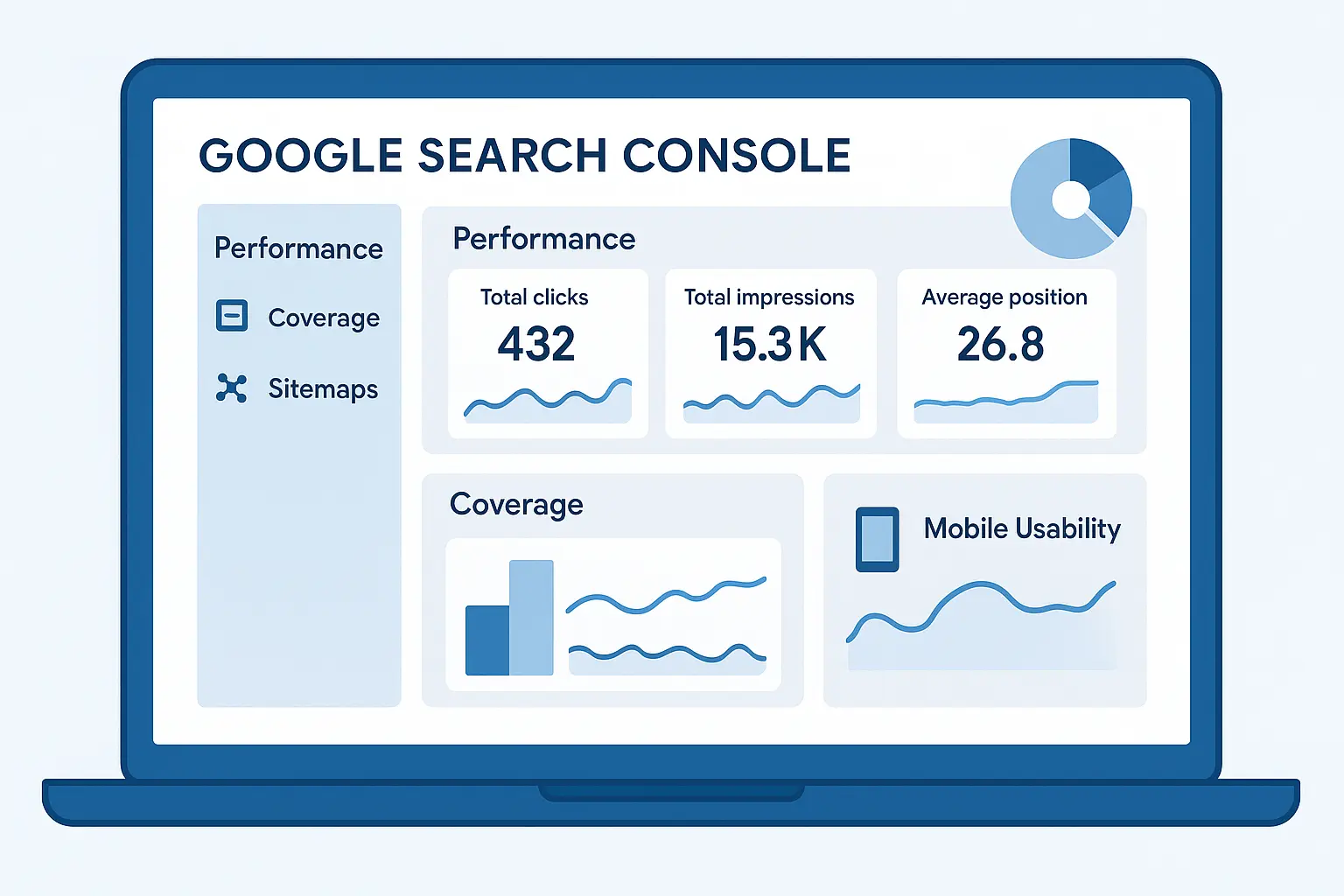

No comments yet. Be the first to comment!